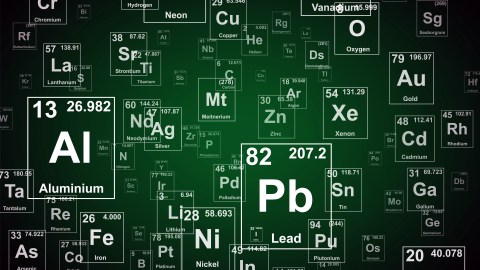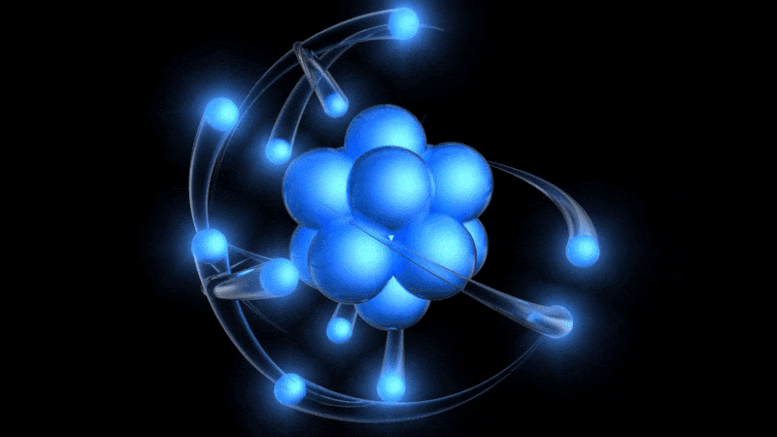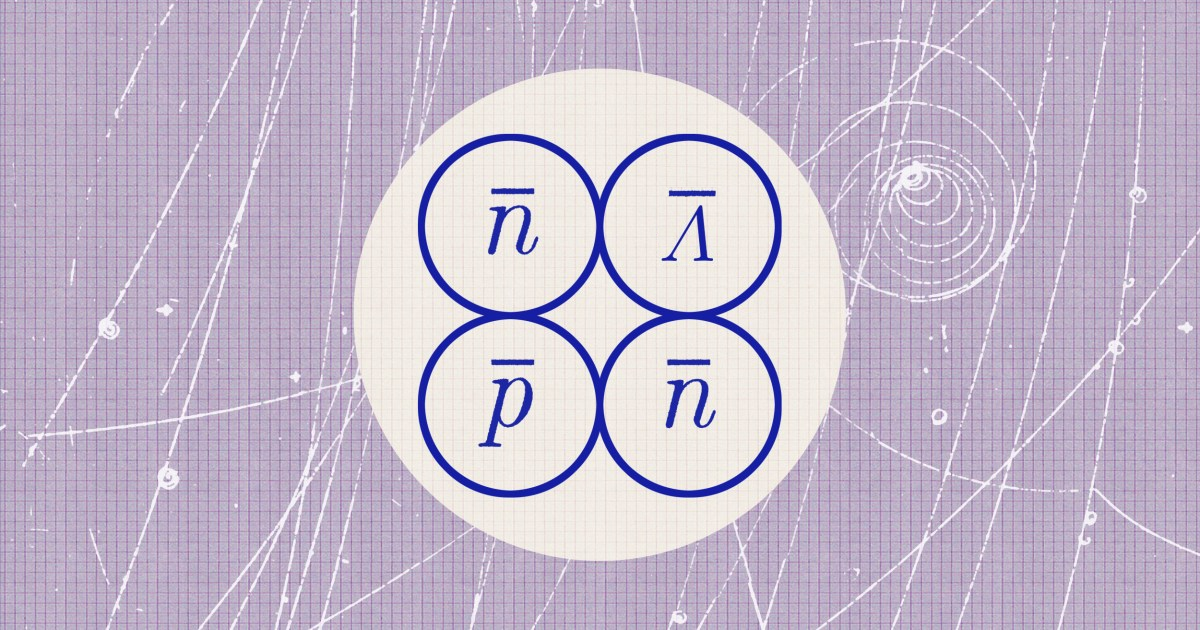A New Discovery Just Made Science Textbooks around the World Dated

Science textbooks, charts, and other mentions of the periodic table just became out of date. The International Union of Pure and Applied Chemistry has verified the discovery of four super-heavy elements, completing the seventh row of the periodic table. It’s an exciting day for chemists.
The new elements were discovered by teams of scientists from Russia, Japan, and America. These will be the first elements added since 114 (Flerovium) and 116 (Livermorium) were added to the table in 2011.
The trick to “finding” these elements isn’t so much in searching for them as it is in creating them. The new elements, given the atomic numbers 113, 115, 117, and 118 are synthetic — they do no occur naturally. Their origins lie in slamming lighter nuclei into each other and hoping something fuses together.
Many super-heavy elements that populate the periodic table come into existence for microseconds in laboratory conditions.
Professor Paul Karol said, “A particular difficulty in establishing these new elements is that they decay into hitherto unknown isotopes of slightly lighter elements that also need to be unequivocally identified, but in the future we hope to improve methods that can directly measure the atomic number, Z.”
Many super-heavy elements that populate the periodic table come into existence for microseconds in laboratory conditions. The proof of their existence lies in detecting the properties in the radioactive decay chains.
Eventually, the laws of physics may halt the progression of creating new elements. But for now, there are four new elements that need proper names. The IUPAC will formally announce the finalized names this summer. “New elements can be named after a mythological concept, a mineral, a place or country, a property, or a scientist,” the IUPAC wrote in a press release.
Hopefully the IUPAC will have a little fun naming the new elements and interest the public in what is some pretty amazing science. It couldn’t hurt our efforts to make science fascinating to young people, explains theoretical physicist and string theorist Brian Greene.
***
Natalie has been writing professionally for about 6 years. After graduating from Ithaca College with a degree in Feature Writing, she snagged a job at PCMag.com where she had the opportunity to review all the latest consumer gadgets. Since then she has become a writer for hire, freelancing for various websites. In her spare time, you may find her riding her motorcycle, reading YA novels, hiking, or playing video games. Follow her on Twitter: @nat_schumaker
Photo Credit: Taylor Weidman / Stringer / Getty





